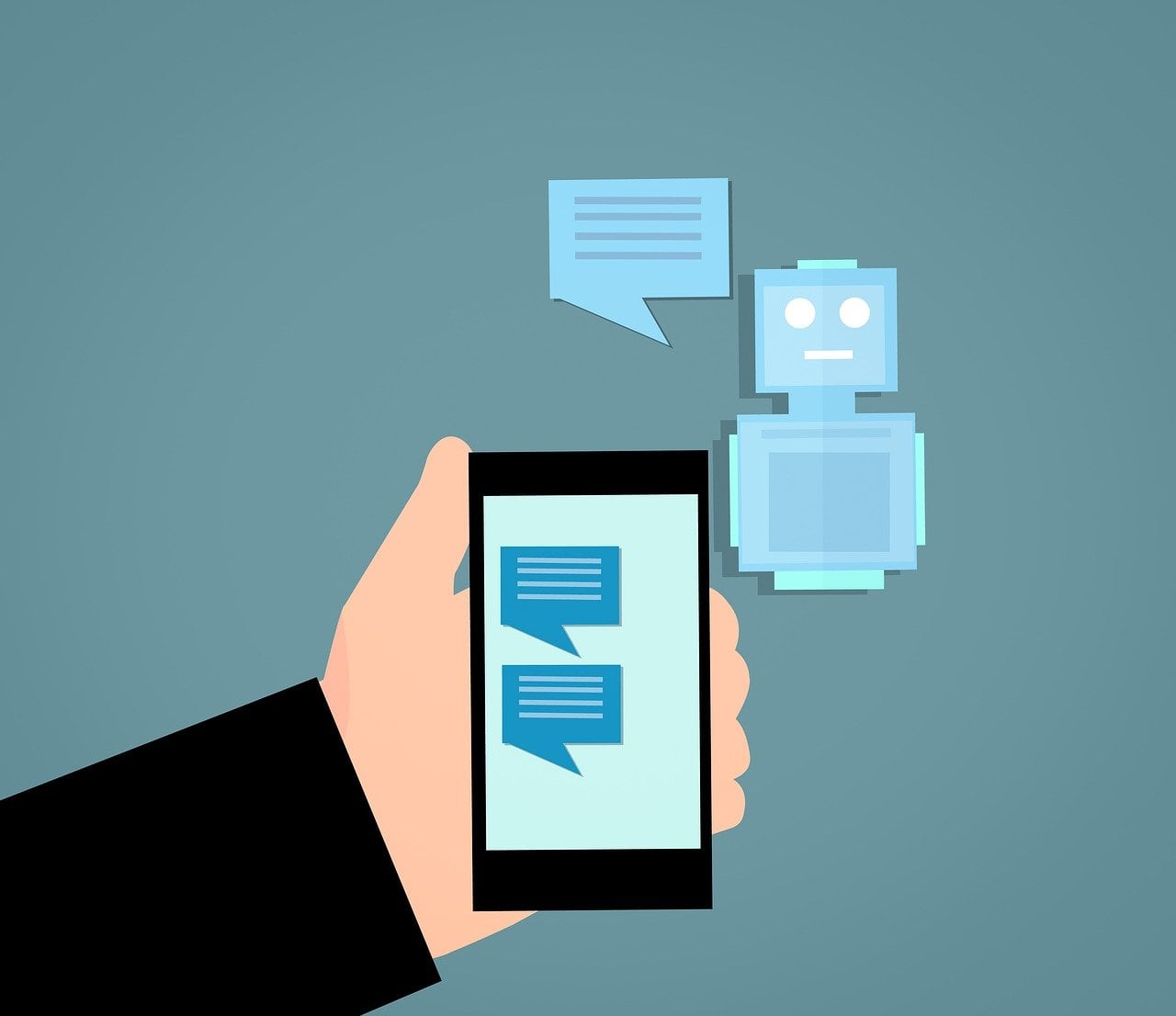We are all familiar with the experience of getting nowhere with a rudimentary chatbot that only understands simple requests sent in clear and formal language. And when it doesn’t understand, it responds with unhelpful irrelevant messages and ends up transferring the customer through to a human operator, having wasted everyone’s time.
These types of interactions can be frustrating and misleading, and are enough to put site visitors off for good. In fact, studies show that 73% of users would not use a chatbot again if they felt that the experience was negative. So, what will it take to upgrade these rule-based bots into chatbots that can understand complex requests issued in natural language and understood in the context of the request?
[REITs]Q2 hedge fund letters, conference, scoops etc
Here’s where cognitive technologies come in. Chatbots enhanced with cognitive technologies are able to understand and interact with humans in a natural way, and will soon overtake the largely unnecessary use of rule-based, clunky chatbots. In fact, Gartner predicts that cognitive computing comes under the umbrella of technologies that will disrupt the digital sphere unlike any others introduced in the last 20 years. Let’s take a look into what these intelligent chatbots can do and how industries are ripe for their implementation.
What are cognitive chatbots?
Chatbots that are enhanced with cognitive computing systems “learn at scale, reason with purpose and interact with humans naturally,” according to IBM. They use machine learning, natural language processing (NLP), neural networks, sentiment analysis and pattern recognition technologies in order to mimic the way the human brain works.
These cognitive technologies are able to inform decisions and accomplish tasks traditionally only completed by humans, such as planning, learning, and reasoning from partial information. With the ability to continuously learn from the information they receive and understand it in the context in which it is delivered, cognitive chatbots are well-suited to dealing with complex human requests delivered in conversational language. An example of this in action is Viv – an intelligent personal assistant, made by the creators of Apple’s Siri. Described as “software that builds itself,” Viv understands the intent of the user and “creates programs to handle tasks on the fly,” all through a conversational interface.
In order to mimic human interaction even closer, some advanced cognitive chatbots possess other capabilities in addition to text processing. These include voice recognition, sentiment detection, and emotion recognition, allowing the chatbot’s response to be even more appropriate and nuanced.
Industry disruption
There are few modern industries that will go unaffected by the development of cognitive technologies, but it seems the one that has the potential to be disrupted by cognitive chatbots most imminently is customer service. For decades, people have been dealing with human customer service agents over the phone, a process that not only results in masses of workers in call centers, but also lengthy query resolution for the customer.
By employing cognitive chatbots, companies can drastically speed up the problem-solving process, as the chatbots have access to infinitely more contextual information that they can refer to in a matter of milliseconds.
Financial services is also ripe for disruption by cognitive chatbots. The technology can detect fraud, hacks, and even offer personalized advice based on a customer’s banking portfolio. With the ability to recognize inconsistencies in both written and verbal communication (the latter of which with voiceprint technology), cognitive chatbots can alert companies when someone might be trying to impersonate the account holder. Voiceprint technology can also detect nervousness in speech, which can also act to indicate fraud.
Cognitive chatbots to supplement, not replace
Those concerned that cognitive chatbots are here to take jobs away from workers need not worry. The deployment of cognitive technologies by companies should be intended to relieve employees of work that can now be automated, allowing them to devote their time to more stimulating tasks, as well as offer them informed advice to be able to make the best decisions.
A survey by Deloitte recently found that integrating cognitive technologies into businesses actually instills greater worker freedom and creativity, along with “transforming how organizations get work done by breaking the trade-offs between speed, cost, and quality.” That’s why 40% of large businesses have been predicted to deploy intelligent chatbots by the end of 2019.
So, while the commercial application of these systems in chatbots is a relatively recent development, it’s one that’s picking up steam. IBM was one of the first companies to commercially offer a question-answering AI system, Watson, which was initially developed to answer questions on the quiz show Jeopardy. Now, Watson promises to help businesses accelerate research, enrich interactions, anticipate disruptions, detect liabilities, and “recommend with confidence.” A number of big cloud providers now also have their own offerings of cognitive sciences and analytics, including Amazon AWS, Microsoft Azure, and Google Cloud.
The development of cognitive chatbots has huge potential to disrupt a number of industries. This is not only due to the chatbot’s ability to mimic human interaction, but also its ability to continuously apply this contextual information so it can deliver ever more accurate and appropriate responses to the requests it receives. It also helps organizations with advanced analytical and predictive capabilities, all the while lowering the overall costs of operations.
Article by DJ Das, Founder and CEO, ThirdEye Data





